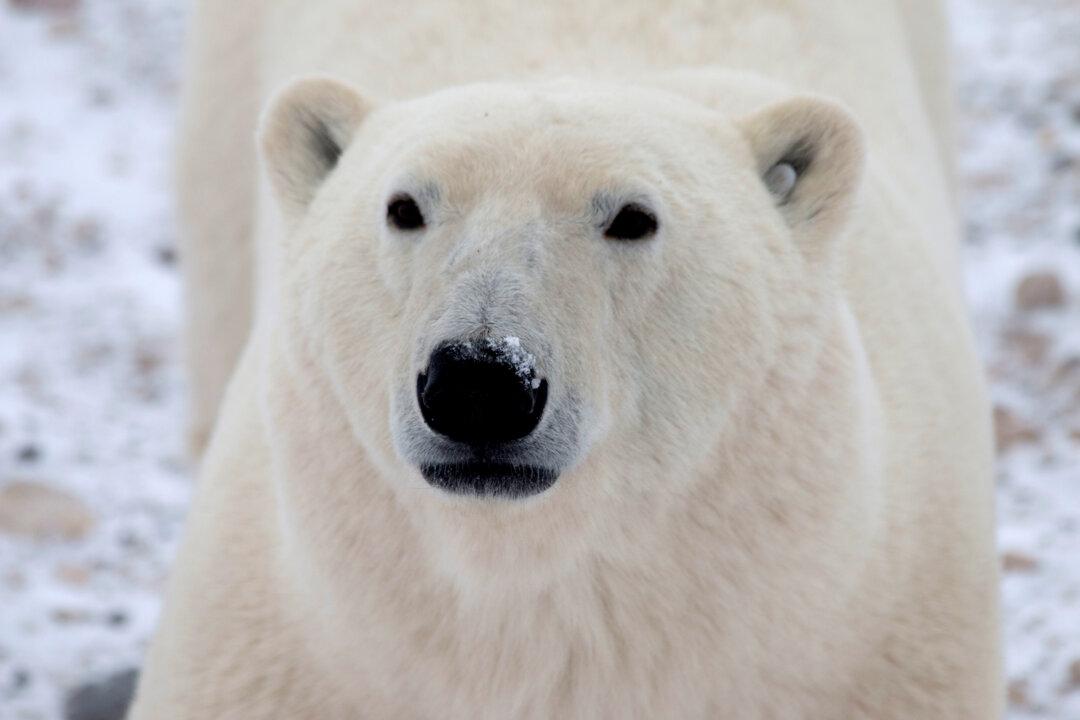Rising numbers of polar bears in the Canadian north require certain management measures to be taken, according to a federal department, despite past reports that the animal’s extinction is drawing near.
“However, science and Inuit Qaujimajatuqangit (IQ) are now observing higher numbers of Polar Bears, and the management goals are more focused on maintaining or reducing numbers in communities and in sensitive areas (i.e. bird colonies),” said the Environment Department in a report called “Species at risk in Nunavut 2021,” which was last updated in December 2022.





